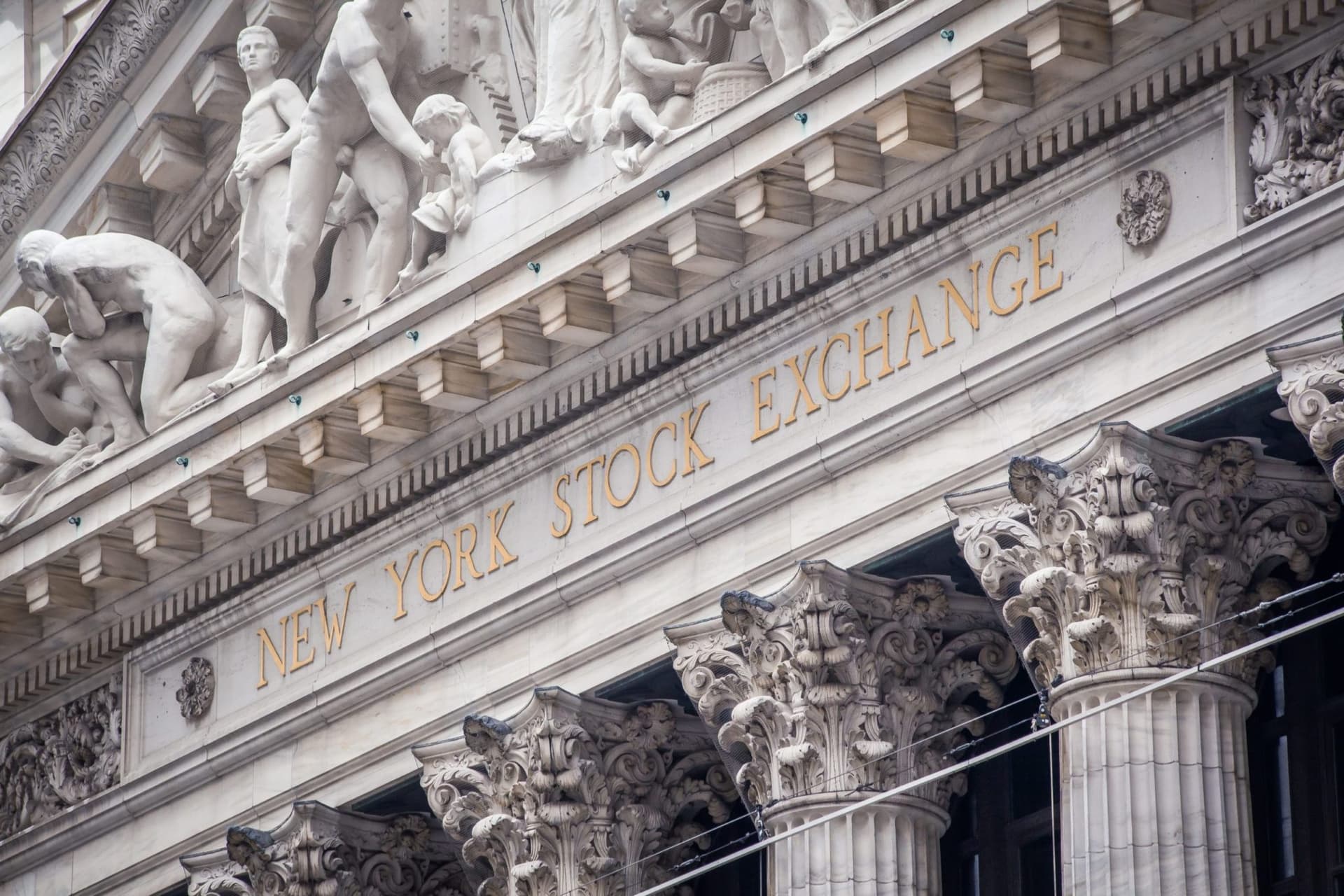Public Market Liquidity is at the Doorstep of Private Markets
As more companies are electing to stay private longer, institutional investors are content pouring money into private securities, but employees seeking liquidy are having a hard time getting it. Security tokens offer a way for investors to preserve their ownership on […]

- Security tokens can provide increased liquidity, transferability and security of ownership to private investors
- Greater supporting infrastructure may mean that 2021 will be the year for security tokens
As more companies are electing to stay private longer, institutional investors are content pouring money into private securities, but employees seeking liquidy are having a hard time getting it. Security tokens offer a way for investors to preserve their ownership on blockchain.
Security tokens are digital representations of value that can be used to hold portions of any asset, including real estate or corporate stocks.
“Tokenization is, in a lot of ways, a better way to own securities,” said Nick Grossman, general partner at Union Square Ventures, in a recent Blockworks webinar.
Placing existing assets in the investment wrapper of a security token can be advantageous because tokens have high liquidity, transferability and security of ownership.
“I think the most valuable thing [about security tokens] is security ownership” said John Nance, president & CEO of DealBox. “When you take an asset and make it available outside of its own private, walled garden, in a Google spreadsheet or whoever your cap table provider is, you need that security of ownership.”
Liquidy is a common benefit that proponents of security tokens point to, but, as Steven McKeon, partner at Collab+Currency, points out, tokenizing in itself does not necessarily lead to more liquidity. Instead, he said, security tokens provide solutions for two common market frictions: access and counterparty risk.
“Perhaps it’s difficult for someone in Korea to get exposure to San Francisco real estate,” said McKenon. “So potentially by wrapping it into a token, putting it into these trading venues that can sort of operate globally, you can reduce market segmentation.”
Counterparty frictions, McKenon said, can potentially be addressed with automated market makers, which are decentralized exchanges that set token prices based on an algorithm. AMMs, such as Uniswap, allow traders to be able to trade assets whenever they want, even without a live party on the other side.
“An AMM is a good example of always available, programmable, global infrastructure,” said Grossman. “Because the blockchain infrastructure is not corporate operated, but it is peer-to-peer, sort of like the way the internet is, it works all the time and it is not reliant on accounts,”
Lack of infrastructure in the past has prevented widespread adaptation of security tokens, although many believe that will begin to change in the near future. McKeon points to B Capital, which was launched before there was adequate supporting infrastructure. There were no qualified custodians or venues licensed to trade tokenized securities then, but there are today.
“One of the things that’s really happened over the last three years is all of that stuff is starting to come into place now,” said McKeon. “I’m quite excited for the next year or two to see how this unfolds because it felt like there were just a lot of missing pieces and a lot of those gaps are getting filled now for the first time.”






